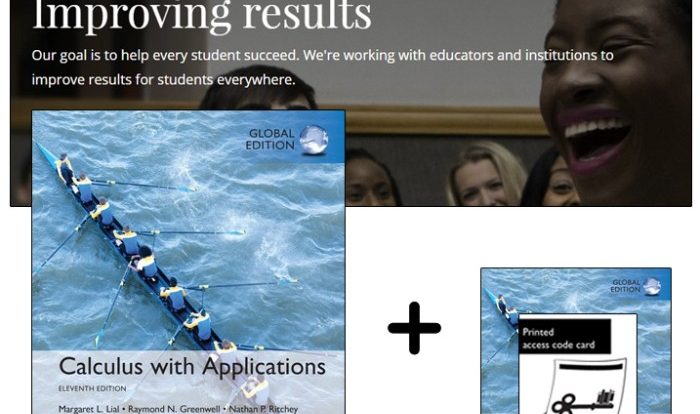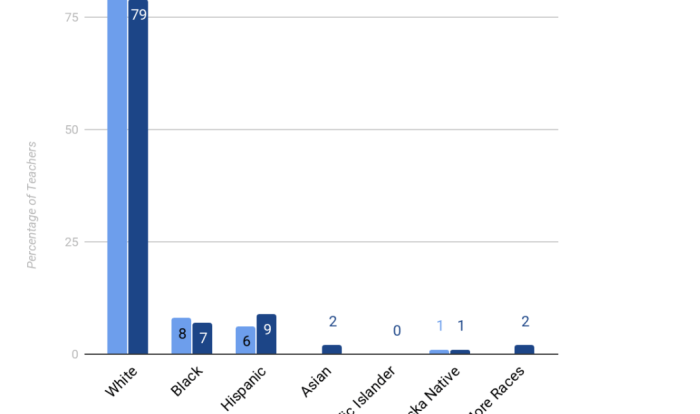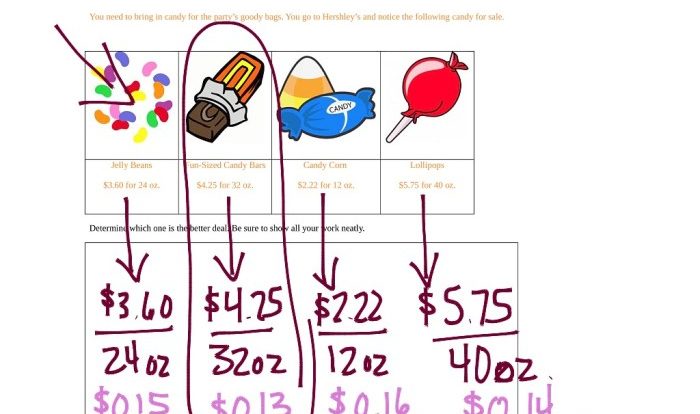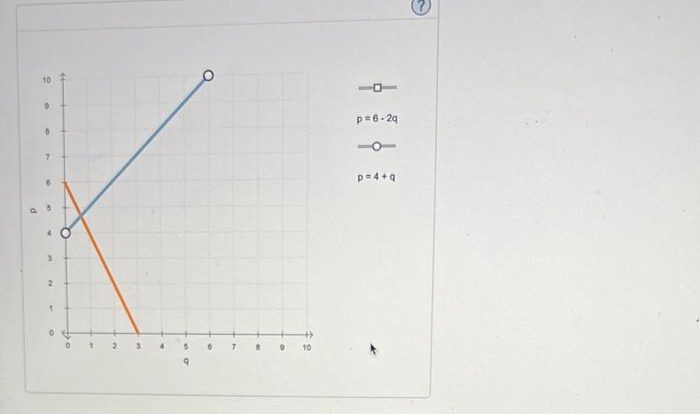Embark on a linguistic adventure with Wordly Wise Book 7 Answers, a comprehensive guide to unlocking the secrets of vocabulary development. This essential resource empowers students to master the art of using words effectively, expanding their communication abilities and academic prowess.
Within these pages, you’ll discover a treasure trove of engaging exercises, contextualized vocabulary, and proven strategies for building a robust vocabulary. Whether you’re a student seeking to excel in your studies or an individual eager to expand your linguistic horizons, Wordly Wise Book 7 Answers is your indispensable companion.
Introduction
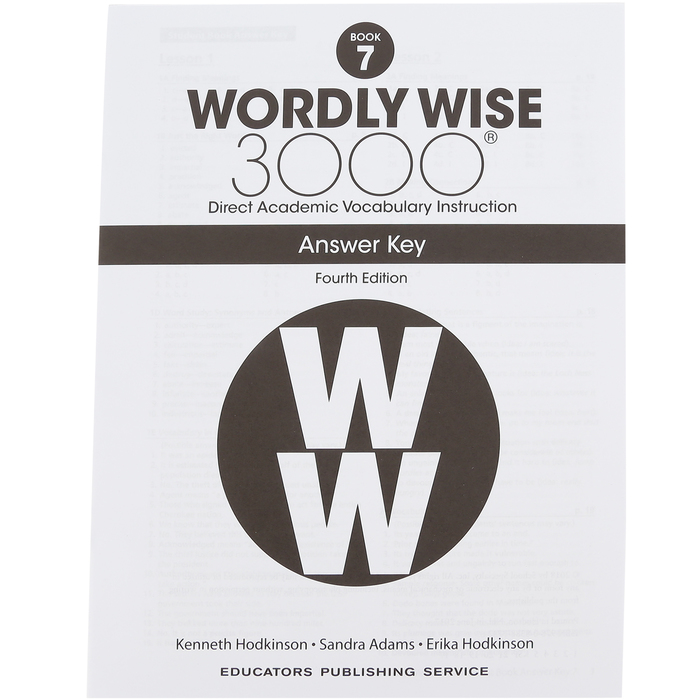
“Wordly Wise Book 7” is a vocabulary development program designed to enhance the vocabulary skills of students in grade 7. It aims to expand their knowledge of words, their meanings, and their usage in various contexts.
Vocabulary development is crucial for students as it enables them to express themselves effectively, comprehend complex texts, and engage in meaningful discussions. A rich vocabulary enhances critical thinking, reading comprehension, and overall academic performance.
Word Study Activities
“Wordly Wise Book 7” incorporates a variety of word study activities that engage students in active learning. These activities include:
- Identifying and defining new words
- Exploring word roots, prefixes, and suffixes
- Analyzing word usage in context
li>Creating sentences using new vocabulary
Thematic Units
The program is organized into thematic units that focus on specific academic and everyday topics. These units provide a meaningful context for vocabulary learning, allowing students to connect new words to real-world situations.
By engaging in the word study activities and exploring the thematic units, students in grade 7 can significantly enhance their vocabulary skills, which will serve them well throughout their academic and professional lives.
Vocabulary Exercises
The Wordly Wise Book 7 provides a comprehensive range of vocabulary exercises designed to enhance students’ vocabulary skills. These exercises include:
- Analogies:Analogies require students to identify the relationship between two words and then apply that relationship to a third word. This exercise helps students understand the nuances of word meanings and develop their reasoning skills.
- Synonyms:Synonyms exercises present students with a word and ask them to identify its synonyms. This exercise helps students expand their vocabulary and develop a deeper understanding of word meanings.
- Antonyms:Antonyms exercises present students with a word and ask them to identify its antonyms. This exercise helps students understand the opposite meanings of words and develop their ability to use words precisely.
Contextualized Vocabulary: Wordly Wise Book 7 Answers
Wordly Wise Book 7 provides ample opportunities for students to practice using vocabulary in context, which is crucial for comprehension and usage.
Understanding vocabulary in context allows students to see how words are used in real-world situations, helping them grasp their meaning and usage patterns.
Exercises
- Contextualized Examples:Students are given sentences or short passages where they must identify the meaning of unfamiliar words based on the context.
- Fill-in-the-Blank Exercises:Students complete sentences or passages by selecting the correct vocabulary word from a list of options, reinforcing their understanding of word usage.
- Word Mapping:Students create diagrams or charts that connect vocabulary words to their meanings and related concepts, enhancing their comprehension and retention.
Strategies for Vocabulary Development
Developing a strong vocabulary is crucial for effective communication and critical thinking. Here are some strategies that can help you enhance your vocabulary and excel in the “Wordly Wise Book 7” exercises:
Using Flashcards, Wordly wise book 7 answers
Flashcards are an effective way to memorize and retain new words. Create flashcards with the target word on one side and its definition, synonyms, or example sentences on the other. Regularly review your flashcards to reinforce your memory.
Reading Widely
Reading widely exposes you to a diverse range of words in different contexts. Choose books, articles, and online content that interest you and challenge your vocabulary. Pay attention to unfamiliar words and look them up in a dictionary or online resources.
Engaging in Discussions
Engage in discussions with peers, teachers, or family members. Expressing your thoughts and ideas verbally forces you to recall and use specific words. Actively listen to others and note any unfamiliar terms they use.
Assessment and Evaluation
Assessing students’ vocabulary progress is crucial for monitoring their development and providing tailored support. Ongoing assessment and feedback enable teachers to identify areas where students need additional reinforcement and celebrate their achievements.
Formal Assessment
- Standardized tests:These tests measure vocabulary skills through multiple-choice questions or fill-in-the-blank exercises. They provide standardized benchmarks for comparing students’ progress over time.
- Vocabulary quizzes:Regular quizzes can assess students’ understanding of new words, their ability to use them in context, and their progress in mastering specific vocabulary lists.
- Essays and writing samples:Written assignments allow students to demonstrate their vocabulary knowledge through their writing. Teachers can evaluate the richness and accuracy of their word choice.
Informal Assessment
- Student portfolios:Students can collect evidence of their vocabulary growth, such as lists of new words they have learned, sentences they have written using new words, or reflections on their vocabulary learning strategies.
- Class discussions:Participation in class discussions provides opportunities for students to demonstrate their vocabulary knowledge and use new words in meaningful contexts.
- Observations:Teachers can observe students’ vocabulary use during group work, presentations, or informal conversations to assess their progress and identify areas for improvement.
Importance of Ongoing Assessment and Feedback
Ongoing assessment and feedback are essential for effective vocabulary development. They provide students with:
- Regular feedback:Students receive ongoing feedback on their progress, which helps them identify areas where they need to improve and stay motivated.
- Targeted instruction:Teachers can use assessment data to tailor instruction to students’ individual needs, providing targeted support and enrichment activities.
- Motivation:Regular assessment and feedback can motivate students by recognizing their progress and providing a sense of accomplishment.
Integration with Other Learning Areas
Integrating vocabulary development into other learning areas is essential for fostering a holistic approach to education. “Wordly Wise Book 7” provides ample opportunities to enhance vocabulary in subjects like reading, writing, and science.
Reading
Vocabulary exercises in “Wordly Wise Book 7” can be seamlessly incorporated into reading comprehension activities. By studying vocabulary words before reading a text, students can develop a deeper understanding of the content. Additionally, vocabulary exercises can help students identify unfamiliar words in context and build their reading fluency.
If you’re looking for some extra practice with geometry, check out unit 10 circles homework 3 . It’s a great way to review what you’ve learned in class and prepare for your next test. Once you’ve finished, come back here for more Wordly Wise Book 7 answers.
Writing
The vocabulary exercises in “Wordly Wise Book 7” can also be used to enhance writing skills. By incorporating new vocabulary into their writing, students can expand their vocabulary and improve their ability to express themselves clearly and effectively. Additionally, vocabulary exercises can help students develop a strong vocabulary base for academic writing.
Science
Vocabulary development is also crucial in science education. The specialized vocabulary used in science can often be a barrier to understanding for students. “Wordly Wise Book 7” provides vocabulary exercises that can help students master scientific terms and concepts. By integrating vocabulary exercises into science lessons, teachers can enhance students’ understanding of scientific texts and experiments.
Technology and Vocabulary Development
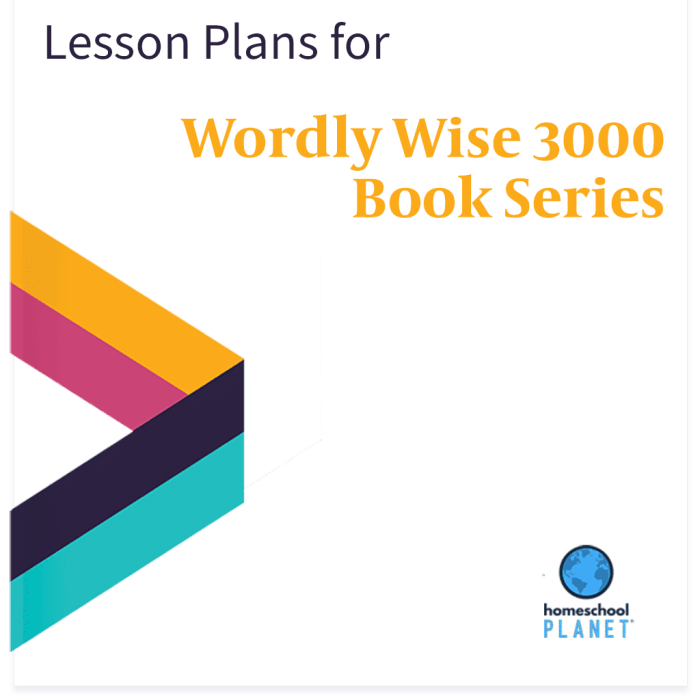
Technology plays a significant role in enhancing vocabulary development in the modern era. With the advent of online games, apps, and educational software, students have access to interactive and engaging platforms that supplement traditional learning methods.
Online games and apps, such as vocabulary-building apps and crossword puzzles, provide a gamified approach to vocabulary acquisition. These games offer a fun and motivating way to learn new words, with features like leaderboards, challenges, and rewards. They cater to different learning styles and allow students to practice vocabulary in a contextually relevant manner.
Technology Integration with “Wordly Wise Book 7”
Technology can be effectively integrated with the exercises in “Wordly Wise Book 7” to enhance vocabulary development. Online platforms can provide interactive exercises that complement the book’s content, such as:
- Interactive flashcards:Digital flashcards allow students to practice vocabulary words on their own time and pace. They can be customized with images, audio, and examples, making the learning process more engaging.
- Online quizzes and games:Online quizzes and games provide a fun and challenging way to assess students’ vocabulary comprehension. They can be tailored to specific chapters or units in the book, helping students identify areas for improvement.
- Contextualized vocabulary practice:Technology can be used to create interactive exercises that provide context for vocabulary words. For example, students can read articles or watch videos related to the vocabulary being studied and then complete exercises that test their understanding of the words in context.
Common Queries
What types of vocabulary exercises are included in Wordly Wise Book 7?
Wordly Wise Book 7 offers a diverse range of vocabulary exercises, including analogies, synonyms, antonyms, context-based exercises, and more.
How can I effectively use Wordly Wise Book 7 Answers to improve my vocabulary?
To maximize your learning, engage with the exercises regularly, utilize flashcards for memorization, and seek opportunities to apply the new words in context.
What is the significance of contextualized vocabulary in Wordly Wise Book 7?
Contextualized vocabulary helps learners understand the meaning and usage of words within real-life scenarios, fostering comprehension and retention.
